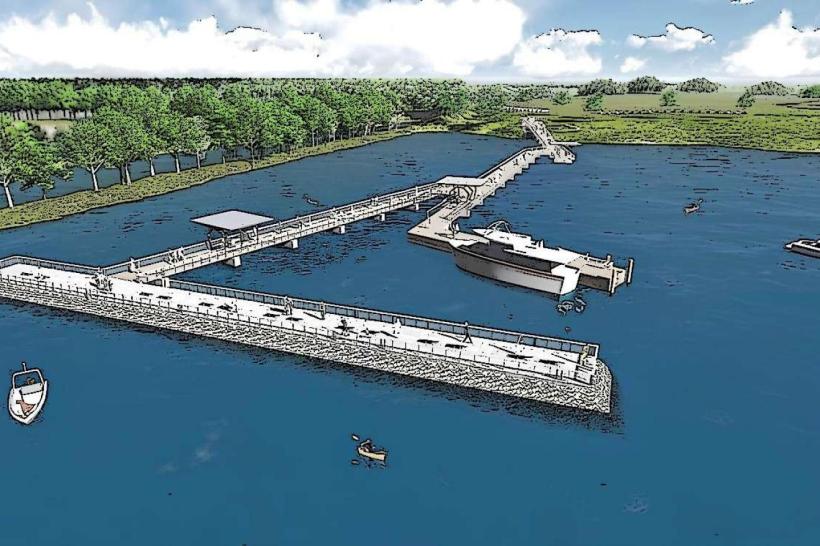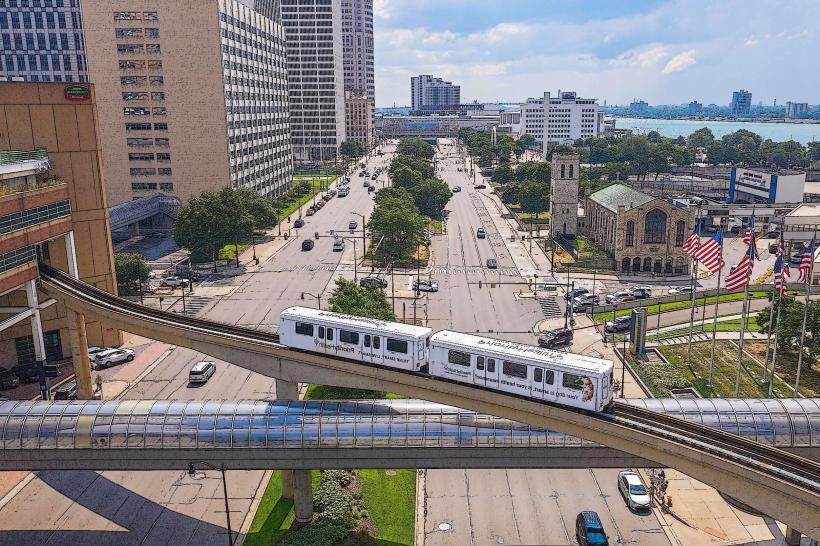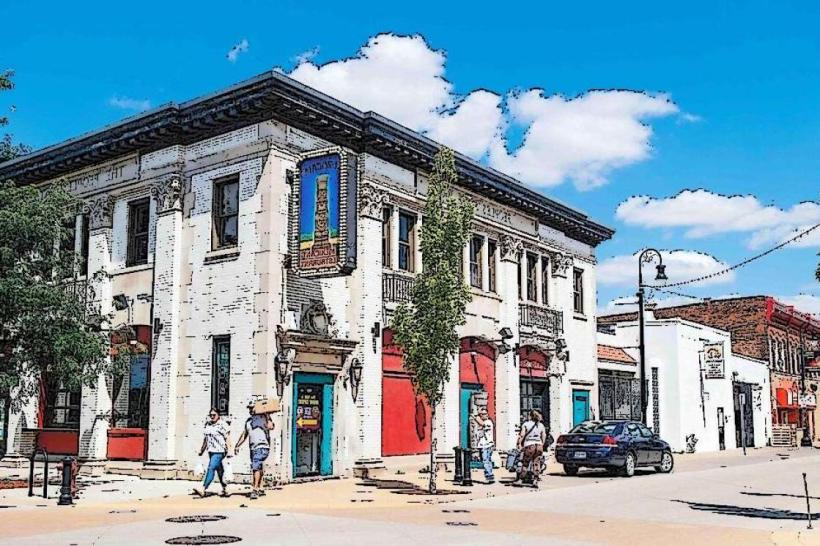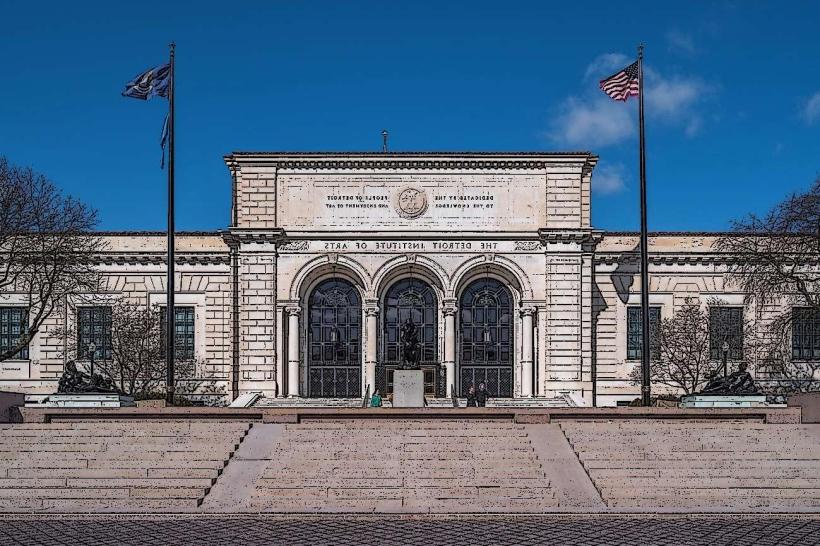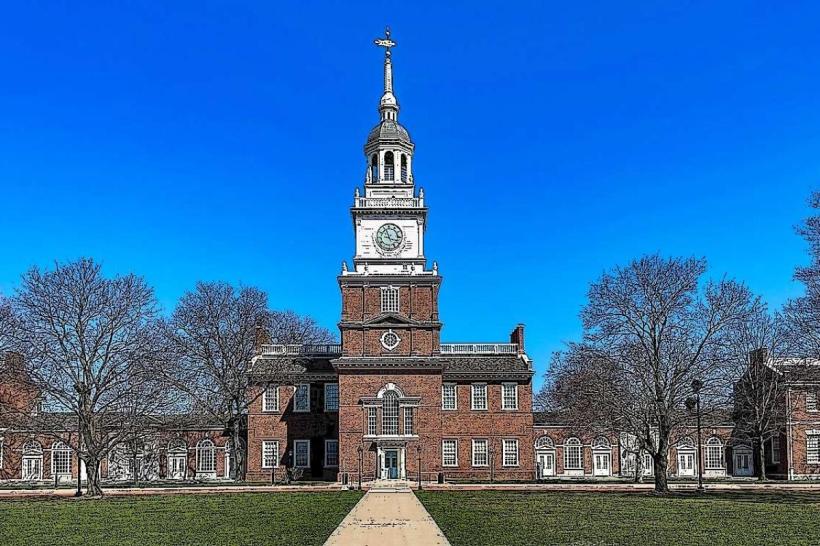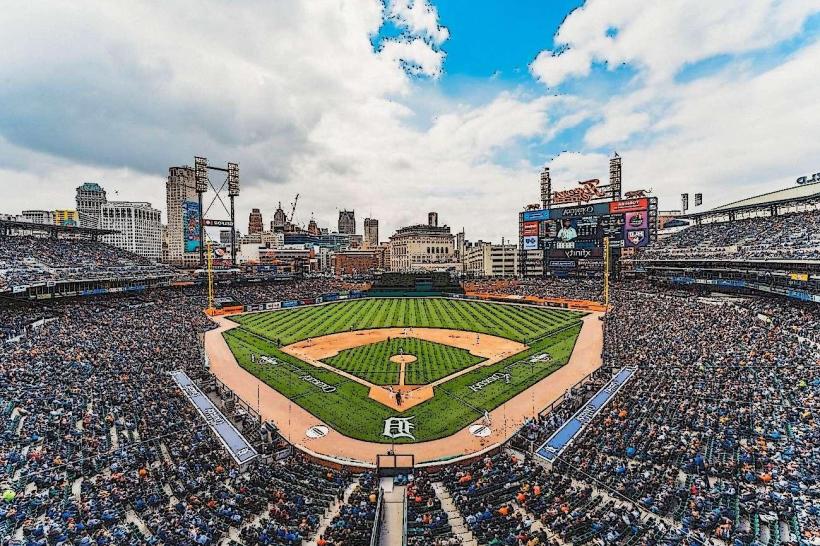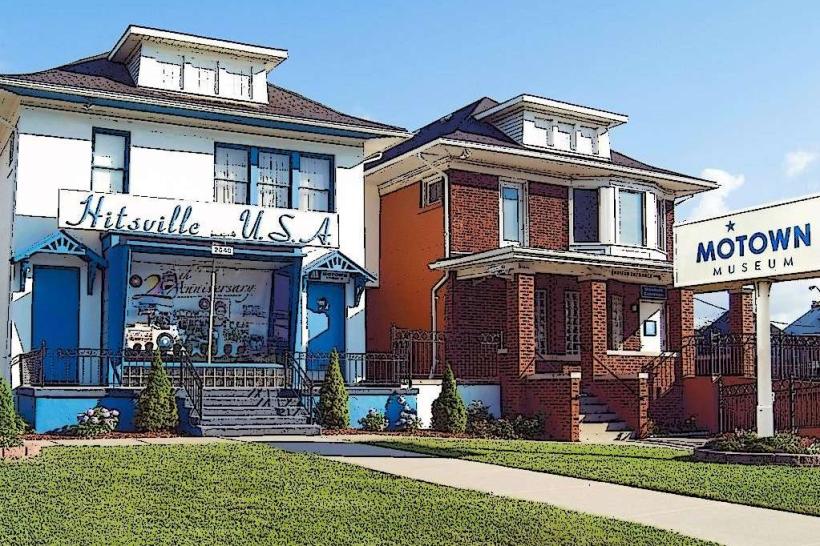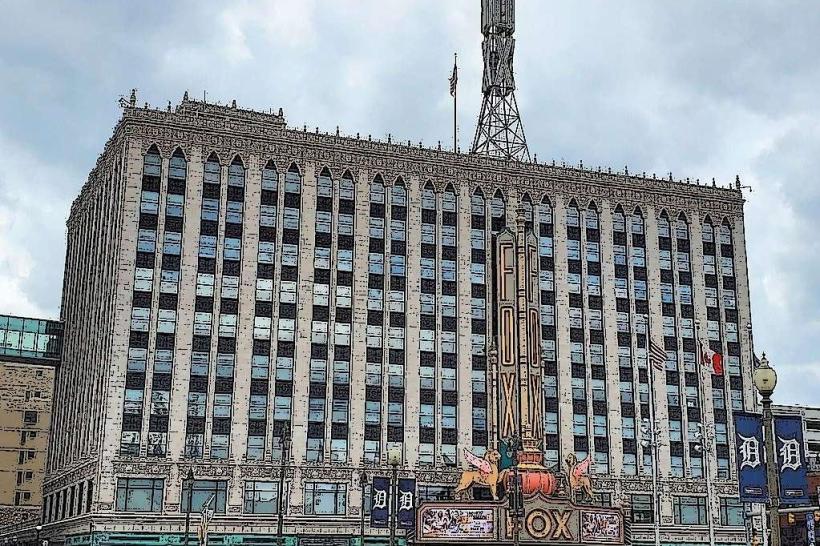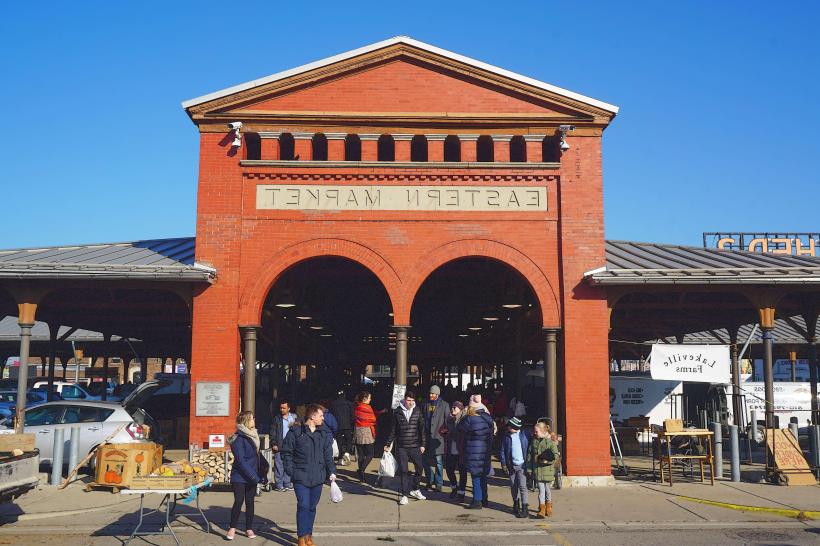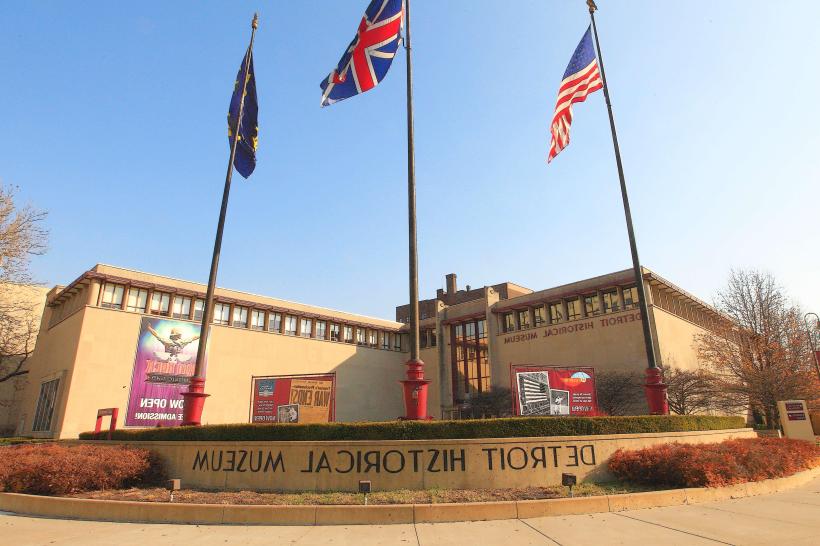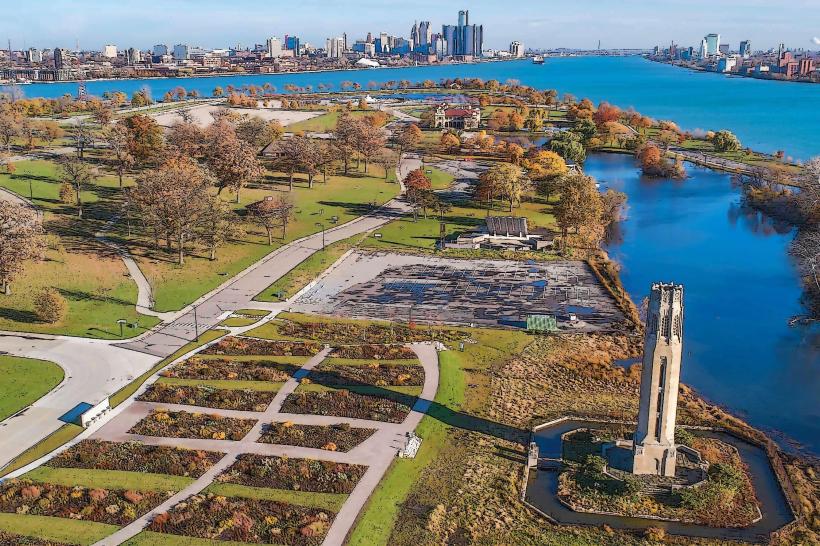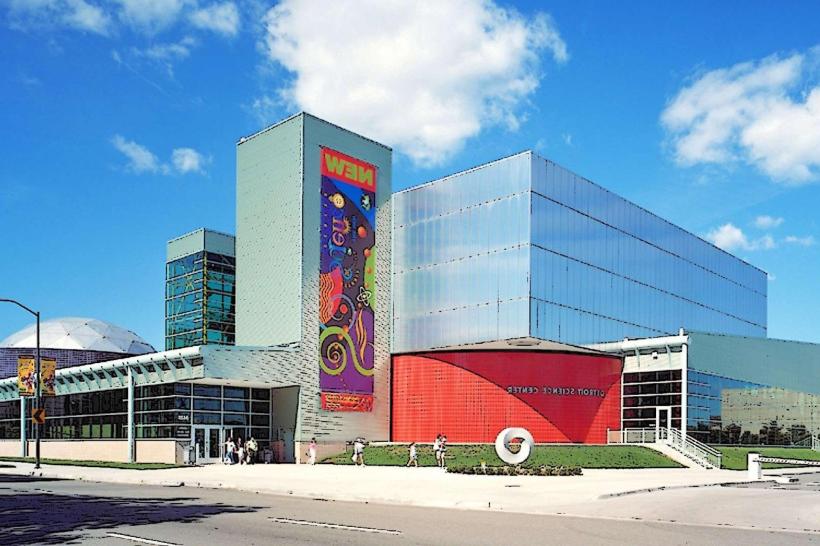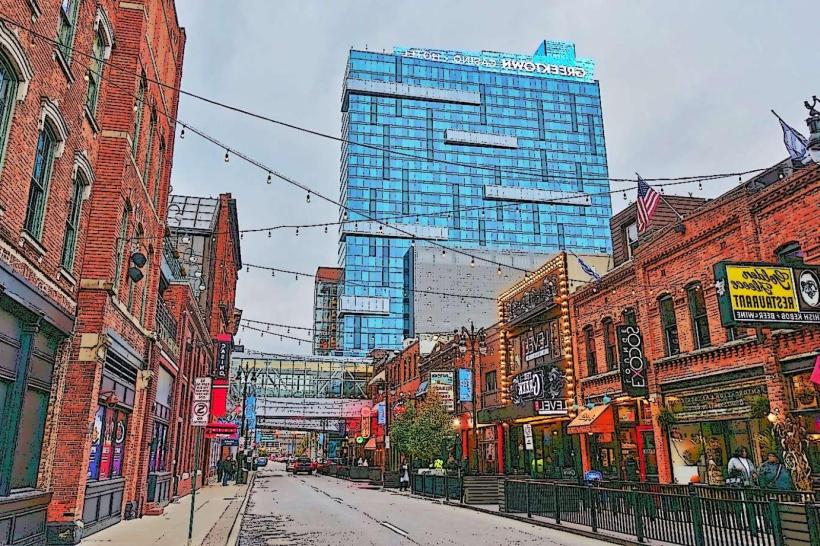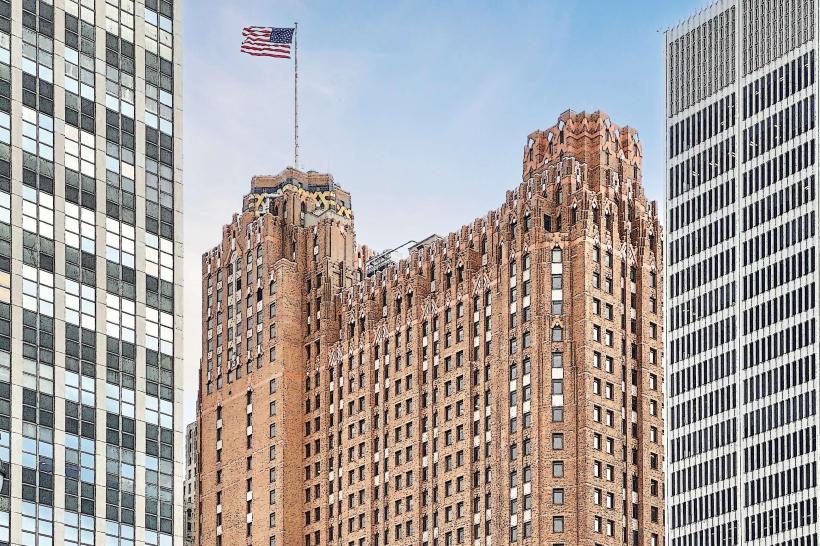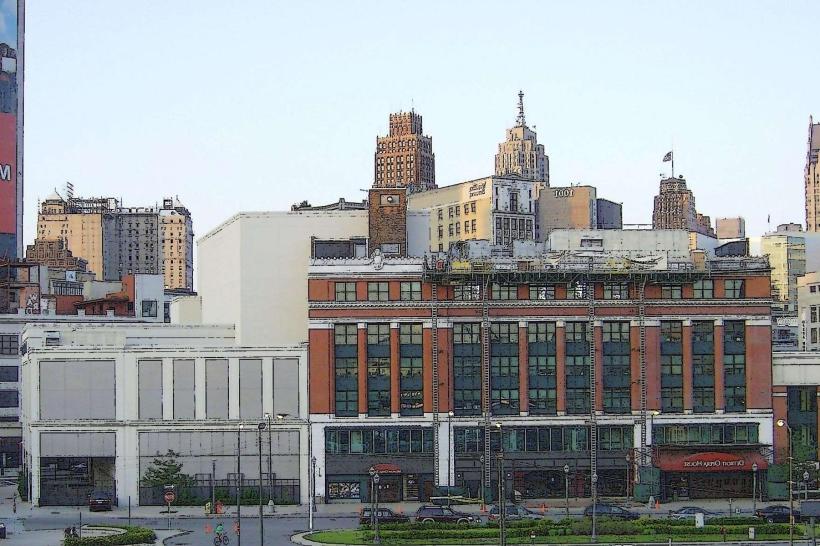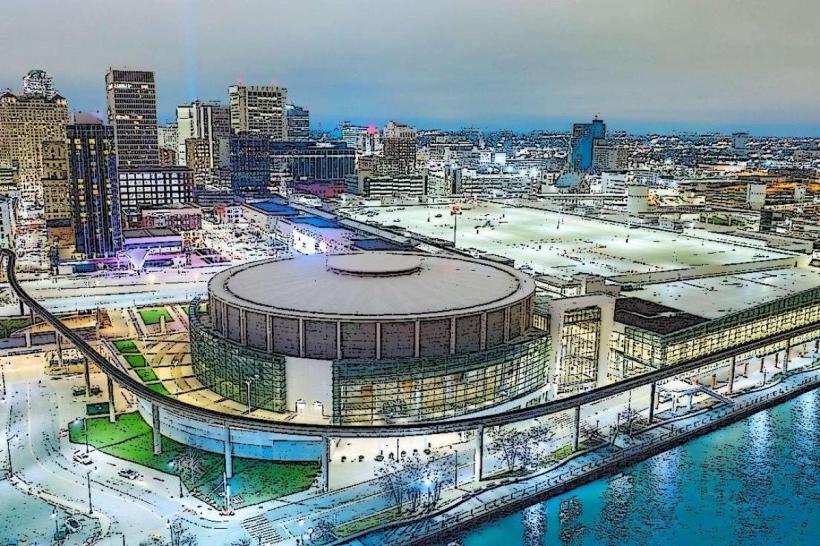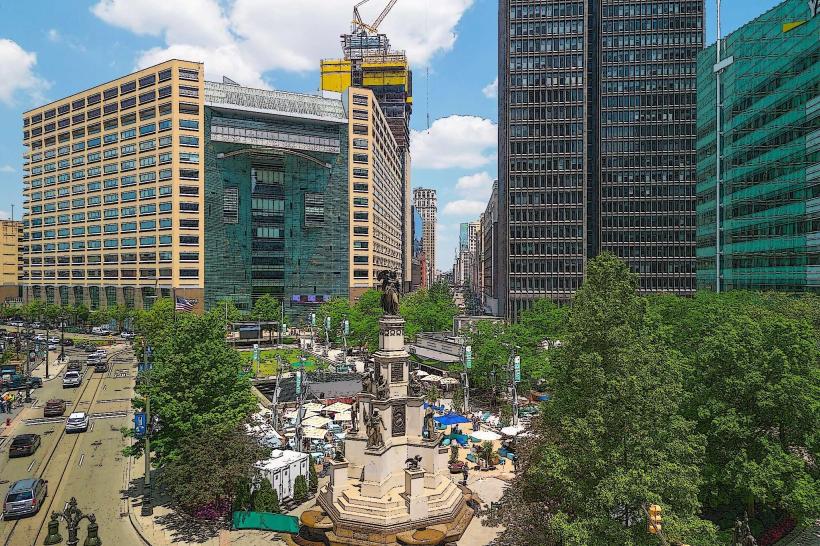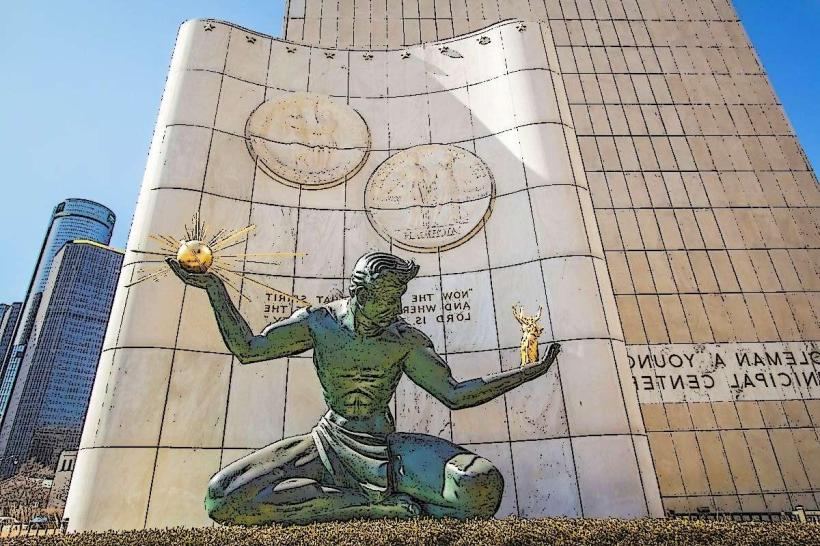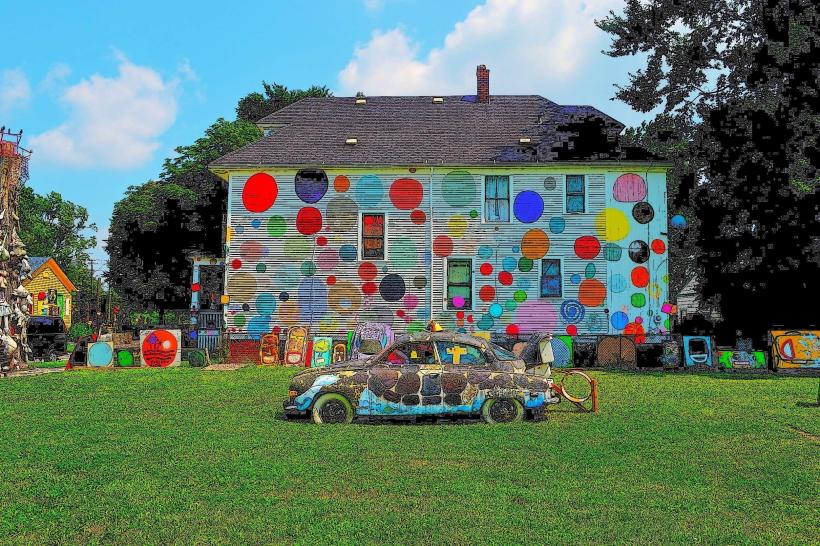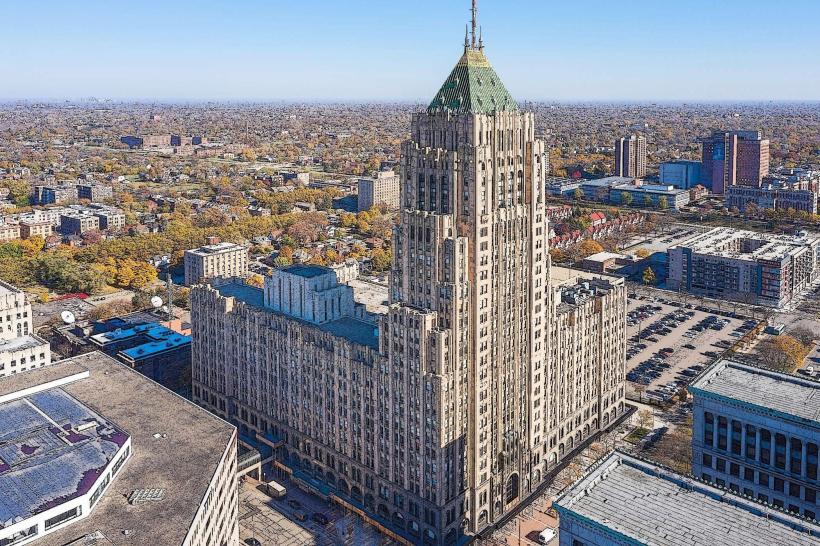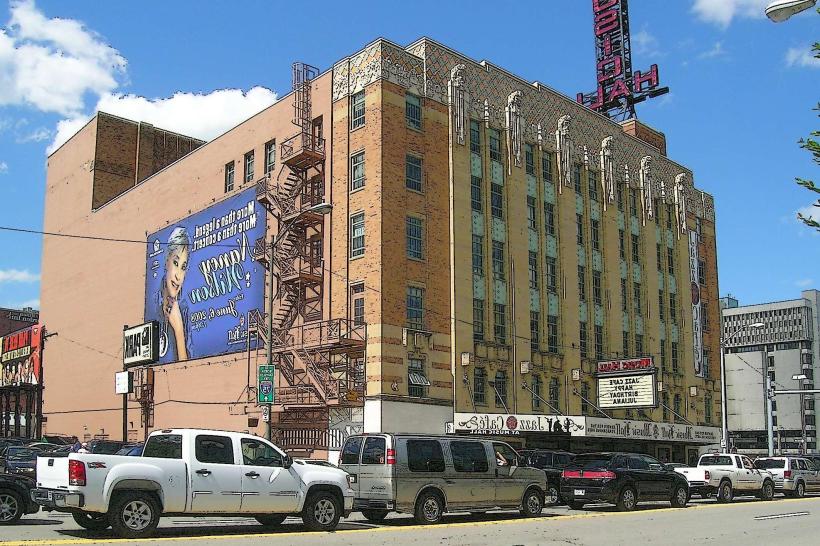Information
Landmark: Detroit RiverwalkCity: Detroit
Country: USA Michigan
Continent: North America
Detroit Riverwalk, Detroit, USA Michigan, North America
The Detroit Riverwalk is a multi-use recreational path situated along the Detroit River in Detroit, Michigan. It extends for approximately 3.5 miles.
Visual Characteristics
The Riverwalk features paved pathways constructed from concrete and asphalt. Sections are bordered by low-level retaining walls made of stone and concrete. Landscaping includes manicured grass areas, planted trees, and flower beds. The path offers unobstructed views of the Detroit River and the Windsor, Ontario skyline. Several plazas and seating areas are integrated into the design.
Location & Access Logistics
The Detroit Riverwalk is accessible from multiple points along Jefferson Avenue in downtown Detroit. The western terminus is near Joe Louis Arena, and the eastern terminus is at Gabriel Richard Park. Parking is available in several paid parking garages and surface lots adjacent to Jefferson Avenue, including the Millender Center Parking Garage and the Port of Detroit surface lot. Public transport options include Detroit Department of Transportation (DDOT) bus routes that run along Jefferson Avenue, such as routes 1 and 12.
Historical & Ecological Origin
The development of the Detroit Riverwalk began in the early 2000s, with significant expansion and renovation occurring in subsequent years. It was conceived as part of a larger urban revitalization effort for Detroit's riverfront. The area was historically industrial and port-related. Ecologically, the Detroit River is a significant freshwater ecosystem within the Great Lakes system, supporting various fish and bird species.
Key Highlights & Activities
Activities include walking, jogging, and cycling along the paved paths. Visitors can observe maritime traffic on the Detroit River. Several parks and plazas along the Riverwalk offer spaces for relaxation and picnicking. Kayaking and paddleboarding are possible on the river, with launch points available at designated areas. Fishing is permitted from designated piers.
Infrastructure & Amenities
Restrooms are available at various points along the Riverwalk, particularly near the main plazas and parks. Shade is provided by mature trees and some covered structures. Cell phone signal (4G/5G) is generally strong throughout the Riverwalk. Food vendors and restaurants are located in the immediate vicinity of the Riverwalk, particularly in the downtown core and at the Renaissance Center.
Best Time to Visit
For photography, early morning or late afternoon provides optimal lighting conditions for capturing the skyline and river. The best months for visiting are typically May through October, offering milder weather. High tide and low tide do not significantly impact access or activities on the Riverwalk itself.
Facts & Legends
A unique aspect of the Detroit Riverwalk is its role in the ongoing ecological restoration of the Detroit River. Efforts have been made to improve water quality and create habitat for native species. The river itself has a long history of maritime trade and was a key route during Prohibition for smuggling activities.
Nearby Landmarks
- Renaissance Center (0.2km West)
- GM World (0.3km West)
- Millender Center (0.4km West)
- Joe Louis Arena (0.8km West)
- Campus Martius Park (1.2km Northwest)

